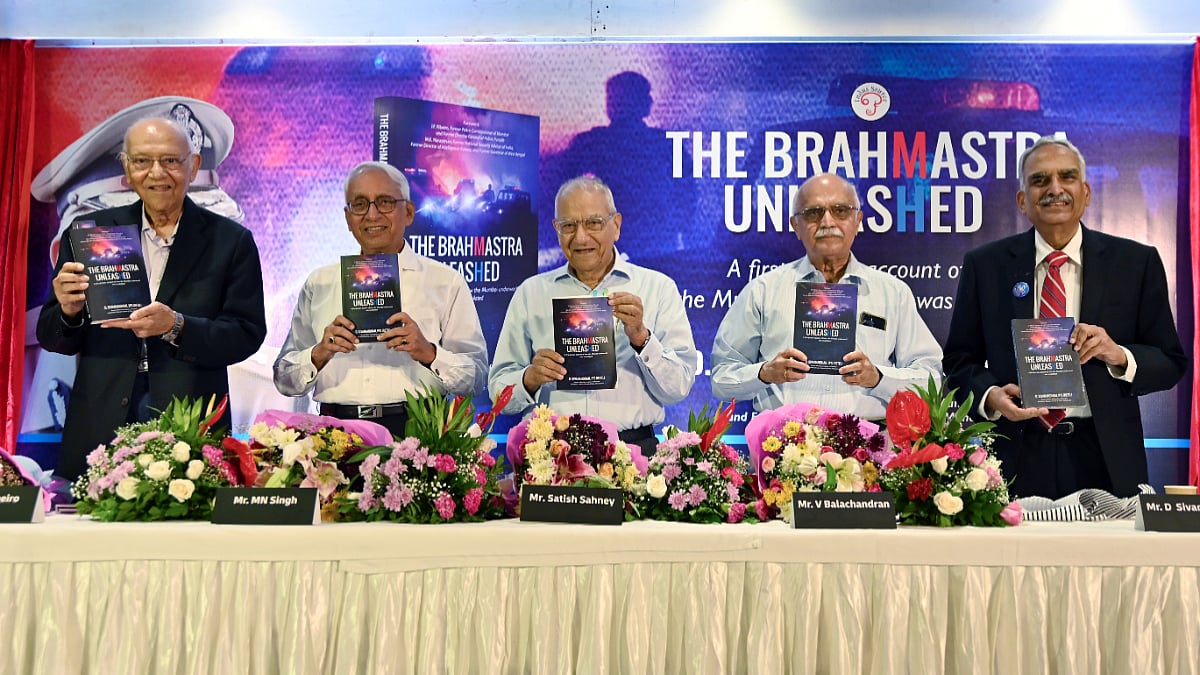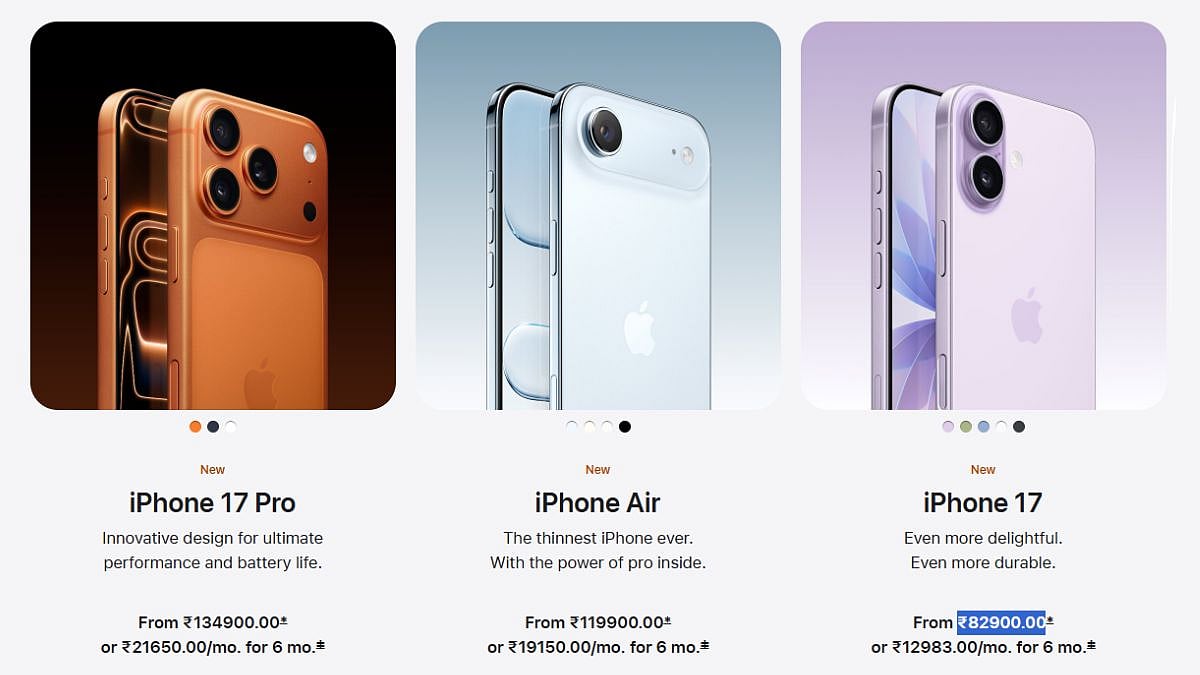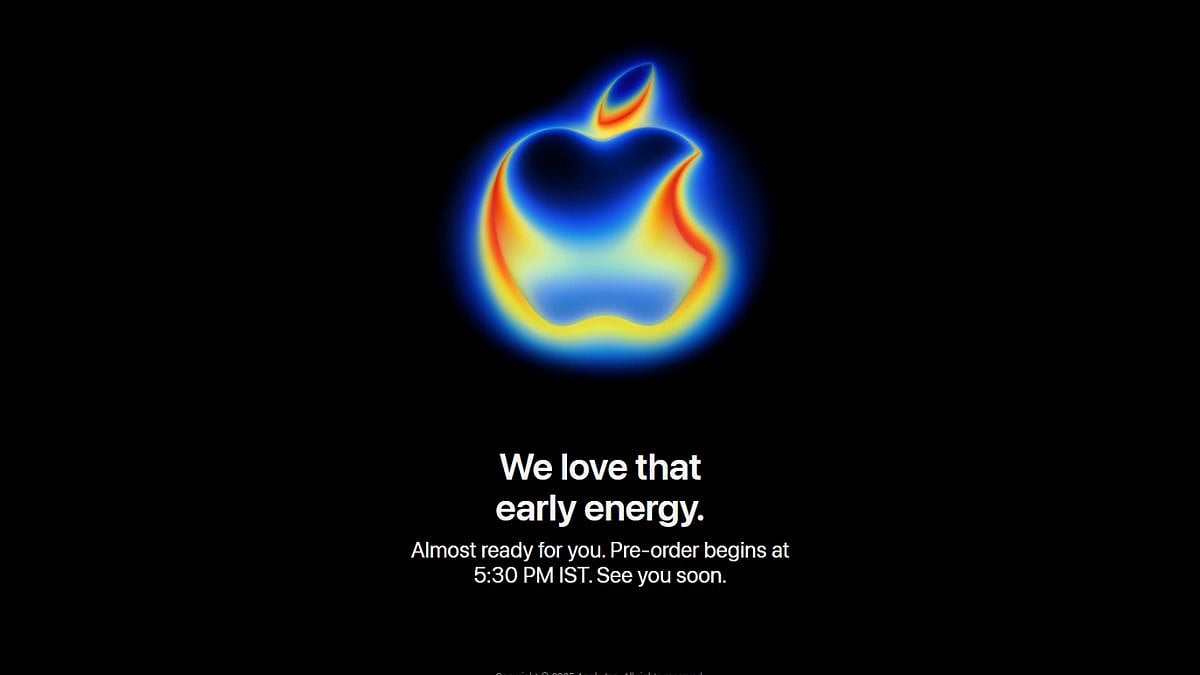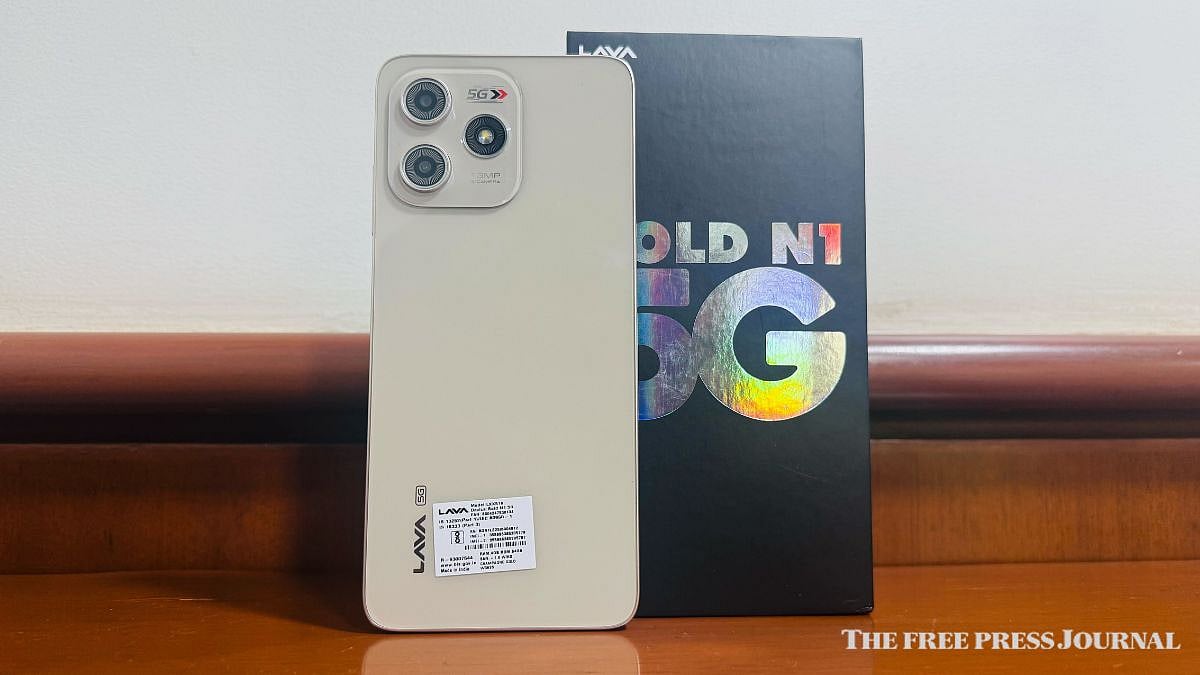Do you remember the time when your internship to office to your family calls were on Skype? There was no Zoom or Google Meet at that time. The news that Microsoft will soon shut down Skype has left long-time users both nostalgic and reflective. At the same time, Skype’s discontinuation highlights a critical truth of the tech world that innovation waits for no one. Be it the case of Orkut to BlackBerry Messenger to Google Hangouts.
When Skype was acquired by Microsoft in 2011 for $8.5 billion, it was already a global favourite for personal and professional communication. Yet, fast forward to 2025, and Skype has become a relic of a bygone era, unable to compete with the rapid evolution of more integrated, intuitive, and AI-powered platforms.
Much like the fates of Orkut, BlackBerry Messenger, and Google Hangouts, Skype’s story is another chapter in the book of once-popular platforms that failed to adapt fast enough.
Rise and fall
In its prime, Skype wasn’t just a tool, it was a verb. People didn’t just video call, they “Skyped.” With features like screen sharing, file transfers, and even integration with Microsoft’s Outlook, Skype was an early innovator in the remote communication revolution. Yet, fast forward to 2025, and Skype is now seen as clunky, outdated, and outpaced by sleeker, more AI-integrated rivals.
“Skype was a pioneer, no doubt,” says Manish Tewari, Co-Founder of Spydra Technologies. “But innovation is relentless. Zoom, WhatsApp, and Microsoft Teams adapted faster, offered better interfaces, and added features that modern users expect. Skype didn’t.”
Slow fade of relevance
The demise of Skype isn’t a sudden fall, it’s been coming for years. Its user base dwindled as Microsoft shifted its focus toward Teams, which now boasts over 320 million monthly active users, compared to Skype’s fewer than 30 million, according to 2024 data from Statista.
Why apps die
As experts across industries point out, the death of digital platforms usually comes down to five critical missteps.
Failure to evolve with user behaviour: Today’s users expect more than just functionality—they want speed, responsiveness, and AI-driven support. “Skype had screen sharing, call recording, Outlook integration—but it lacked design fluidity,” explains Fogla. “Modern users prioritize accessibility and responsiveness, which Skype failed to provide. In the design world, that’s a death sentence.”
Similarly, BBM never made the jump from a secure texting service to an open, multi-platform app. Once user habits shift, outdated formats quickly fall out of favor.
Lack of integration into larger ecosystems: “Skype wasn’t built to plug into Microsoft’s modern ecosystem the way Teams was,” says Hariom Seth, Founder of Tagglabs. “That made it clunky and inconsistent.” Today’s digital tools thrive by playing well with others. Zoom integrates with Google Calendar, Slack connects with CRMS and Dropbox.
The platforms that isolate themselves rarely survive. We’ve seen this before. Google Plus failed to meaningfully integrate with Gmail or YouTube. iTunes crumbled under its weight, unable to evolve into the streaming ecosystem that Spotify now dominates.
Falling behind in AI and emerging tech: “Teams has features like real-time transcription, automated meeting summaries, and predictive scheduling,” adds Seth. “Skype had none.” In an era where AI is no longer optional but essential, apps that don’t incorporate machine learning, automation, and personalised UX are quickly pushed aside.
Spotify’s algorithmic playlists outshone iTunes. Gmail’s smart replies beat traditional email clients. And Skype, lacking AI, fell behind.
Internal cannibalisation and strategic streamlining: Sometimes, the call to shut down an app comes from within. “Microsoft had overlapping tools. Retiring Skype simplifies their product line,” says Joy Sharma, Founder of EZ. “It’s business consolidation, not just failure.” It’s a trend in big tech. Google axed Hangouts to focus on Meet and Chat. Twitter discontinued Vine while exploring native video features, though TikTok later capitalised on short-form content in a much bigger way.
Better, faster competition: “Users migrate where the experience is superior,” says Alankar Saxena, Co-founder of Mudrex. “Skype lost to Zoom because Zoom was lightweight, easy to use, and built for mobile.”
In digital markets, the first mover rarely wins. Snapchat paved the way for Instagram Stories. Clubhouse faded as Twitter Spaces rose. Vine entertained millions before TikTok figured out how to monetise creators and grow exponentially.
Not just nostalgia
For regular users, the popular apps’ shutdown may feel like the end of an era. But for businesses, especially small and mid-sized ones, it can bring operational chaos.
“Switching platforms isn’t just about downloading a new app,” warns Tewari. “It’s about data migration, retraining teams, and dealing with potential inefficiencies during the transition.”
A 2023 Gartner study found that 71% of businesses face moderate to high productivity losses when a primary digital tool is sunset without a strong transition plan. Still, every ending can also be a beginning.
“Change forces innovation,” says Dipal Dutta, CEO of RedoQ. “When Skype goes, users are nudged toward more efficient solutions like Teams, Slack, or Zoom.” And similar is the case with other popular apps.
Adapt or fade
In the fast-paced world of tech, relevance is rented, not owned. The downfall of Skype is not a one-off; it’s a pattern. Platforms, no matter how beloved, must constantly adapt or risk fading into digital memory.
“User behaviour is the compass,” says Raghunandan Saraf, Founder of Saraf Furniture. “Ignore it, and you fade—whether you’re in tech or furniture.”
For every Skype that’s archived, there’s a Zoom that’s thriving. And for every Hangouts, BBM, or Orkut lost to time, there’s a lesson in staying ahead—or risk being left behind.
Google Hangouts was retired in 2022, replaced by Google Meet.
BlackBerry Messenger (BBM), once the pride of enterprise communication, shut down in 2019.
Orkut, one of the earliest social networks in emerging markets, was discontinued in 2014.
Yahoo Messenger, remembered fondly for its emoticons and group chats, ended in 2018.












